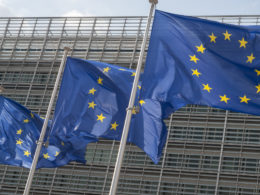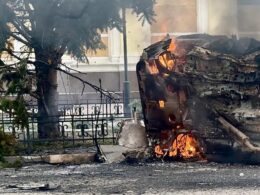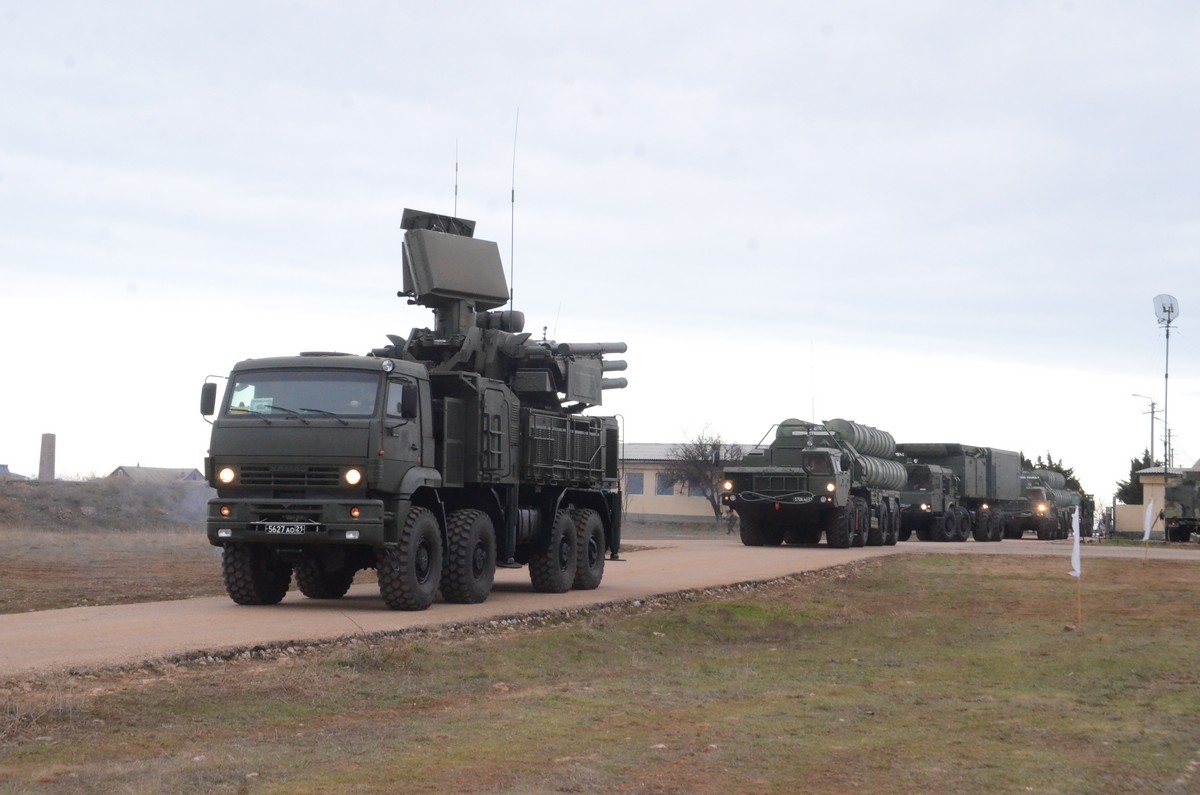The European Union has taken a new step in responding to Iran's military involvement in the ongoing Russian invasion of Ukraine, announcing restrictive measures targeting six individuals and five entities associated with Iran's unmanned aerial vehicles (UAV) program. These UAVs are being utilized in Russia's war against Ukraine, a situation the EU deems as "illegal, unprovoked, and unjustified."
These measures extend beyond the four rounds of previous sanctions targeting Iranian drones, addressing a broader spectrum of Iran's involvement in the war.
Among the entities listed is Shakad Sanat Asmari, a significant player in the UAV program, along with its top executives, including the CEO, deputy CEO, and chief scientist. Other sanctioned entities include Baharestan Kish Company and its managing director, Saad Sazeh Faraz Sharif and its CEO, and Sarmad Electronic Sepahan Company, which is known for aerospace engineering services. Additionally, entities aiding the Islamic Revolutionary Guard Corps Quds Force (IRGC-QF) in enhancing the UAV program, such as Kimia Part Sivan Company, are also targeted.
The sanctions encompass an asset freeze and a travel ban to the European Union for those listed. Furthermore, any provision of funds or economic resources, directly or indirectly, to the individuals or entities mentioned is strictly prohibited.
On 7 December, Ukraine’s National Agency on Corruption Prevention (NAZK) announced
the launch of the world’s first open global inventory detailing foreign components utilized in Russian and Iranian missiles, drones, electronic warfare systems, and other military equipment.
On 5 December, Russia and Iran signed a declaration aimed at countering sanctions imposed by the West.
Read also:
- UK launches new unit to intensify pressure on Russian sanction evaders
- Sweden allocates nearly €120 million to aid Ukraine, focusing on winter support
- UK foreign secretary urges use of $350 bn frozen Russian assets for Ukraine’s reconstruction
- Scholz says Germany should support Ukraine even more if other countries’ aid dithers





